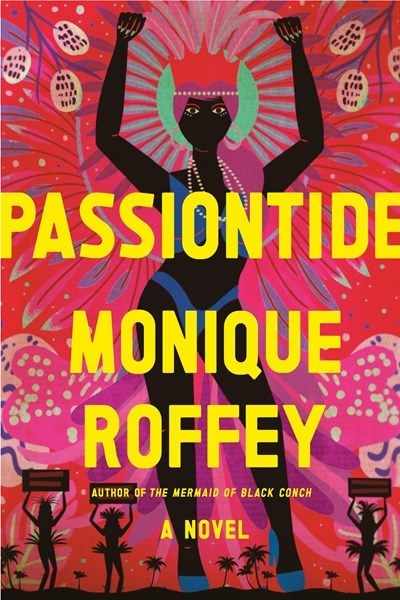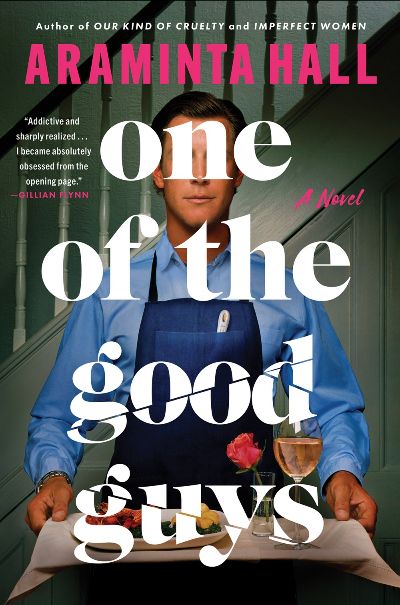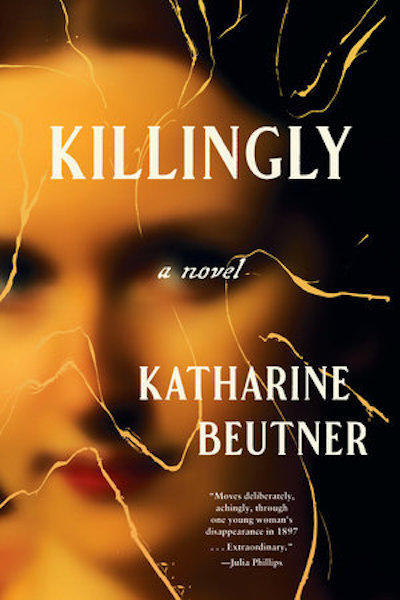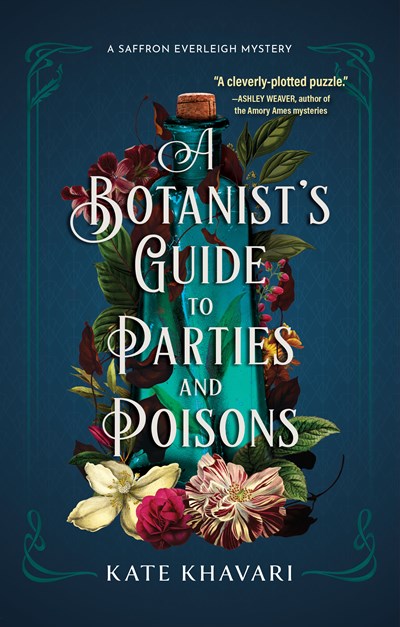Book of the Week 12.11.25
When Kiril returns to his village of Koprivci after getting medical training in the city, he is struck once again how superstition and the Captain, the man who adopted him, control the townspeople. Preparing to set up a practice in town, he feels betrayed by Anka, his adopted sister; and friends Margarita and Simeon, who are betrothed. And Anka, just 16, will be married to the Captain as soon as she begins to menstruate, which only her caretaker Yulia can help her hide. An eviscerated chicken is found on the church steps and blood is found in eggs, all terribly bad signs for a village that is already known to be cursed. When Yana, a vampire hunter and seer, arrives, the Captain sets her the task of finding a cause for all the misfortune. Who, or what, is responsible? Could it be the pregnant widow Nina, whose husband, the village smithy, was killed by a blow from the Captain’s horse? Or maybe the Devil himself? Anka is seeking a purpose, and believes Yana can provide her with it, if she can escape the Captain. This heady Gothic debut dabbles in witchcraft and superstition while still tackling themes of betrayal and domestic abuse, weaving in stories from Slavic folklore. Eerie, haunting, and captivating.










